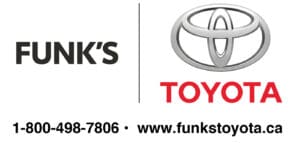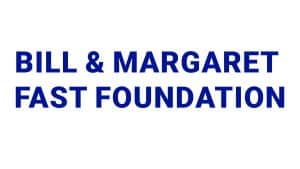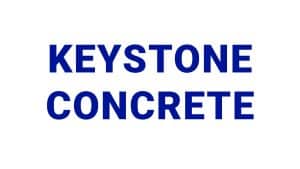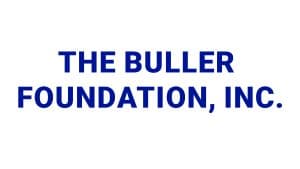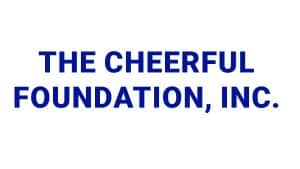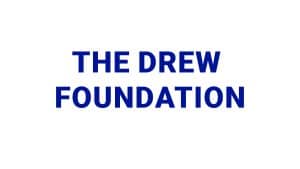The idea of rehab for mothers with children is fraught with worry and downright fear. Some people are put off going to an alcohol or drug rehab center because they believe their children will be taken away and their lives will be negatively affected. If you are in a court battle, entering rehabilitation for substance abuse can be a positive momentum for your case or situation.
You’ll be giving your child their mother back. The struggle your child has to go through as they deal with having an addict for a parent is far more detrimental to them in the long term.
Children learn from what they see. So, to give them the best chance of a successful, drug-free future, getting into an alcohol or drug treatment center and living a life in recovery is imperative. There are a lot of treatment centers out there, it is important to choose one that offers proven treatment options and rehab programs for curing your addiction.
The more serious you are about healing and the faster you act in seeking addiction treatment, the better chance you and your family have of a loving, happy life together.
You should also bear in mind that addiction can be progressive, so the longer you wait to go into treatment, the worse your addiction and overall situation could be. There are circumstances in which severe substance disorders are causing significant problems in your life where the state could temporarily remove your children for an undetermined amount of time. The more serious you are about healing and the faster you act in seeking addiction treatment, the better chance you and your family have of a loving, happy life together.
Everything You Need to Know About Rehab for Mothers with Children
Can a Mother Lose Custody For Substance Abuse?
Yes, a mother can lose custody of a child for alcohol or drug abuse.
First, you should understand that children are prioritized in every case. While your fear of losing your child is justified and perfectly normal, you also should do what is best for them and for your health and wellbeing. Anxiety over old-fashioned notions of foster care and strong emotions towards your family taking care of them are common concerns. At the same time, you should understand that addictive behavior is incredibly damaging to a child. Sometimes what is best for them might be staying with family or in care until you are well enough to resume your parental duties.
Addiction is a problem in Canada and many provinces have taken steps to protect children against the impact of parental substance abuse. Addiction doesn’t make you a bad person or even a bad parent, addiction can affect all aspects of one’s life. The court places a priority on keeping children with their parents unless the individual is deemed unable to take care of them.
Addiction doesn’t make you a bad person or even a bad parent, addiction can affect all aspects of one's life.
Addiction requires professional treatment. When left to fester and develop, it can only do damage to you and your family. The good news is that even if you have lost custody of your child as a result of addiction, there are steps you may be able to take to heal and get them back.
Drug Addiction and Child Custody
The courts generally look favorably on people who make the effort to go into a treatment program and better themselves. If you come into contact with the law in regards to drug or alcohol addiction, it’s usually for the following reasons:
- Getting arrested as a result of drug or alcohol-related issues
- Failing a drug test at a custody hearing during divorce or separation
- Getting a positive result on a drug test after the CWRP files a report of neglect or maltreatment.
Exposing your child to unlawful activity and impairing your ability to take care of your children because of substances are the main reasons behind addiction-related custody loss. If the above issues haven’t yet affected you but you still have a problem, it’s strongly recommended that you seek help before it becomes a legal matter. In these cases, we recommend attending a Long-Term Program for Addiction and leaving your children with close loved ones for the duration of your stay.
How to Explain Addiction to Your Child

Explain That They Will See You Again
Even if your kids are teenagers and seem indifferent to many aspects of family life, they are still children and need your reassurance. Ensure they understand that you are not permanently gone and that your illness is treatable. Let them know that you are committed to the rehab program to gain the life skills you need for your recovery and for taking care of them in the future. If you have a return date set already, mark it on a calendar so they can count down. This also gives them a visual reminder that you’re returning, which can be incredibly comforting for a young mind.

Make It Clear That This Isn’t Their Fault
The way young minds see the world puts them at the center of everything. This is particularly pertinent with regard to fault and blame. When things go wrong, children can’t help but see themselves as the cause. Even if your little one seems calm and understanding, they are a child, and their psychology works just like any other kid. Explain to them that this is an external illness and doctors, nurses and counselors know how to help you heal.

Manage Your Emotions in Their Presence
It’s not advisable to have the conversation about going to rehab until you’re 100% certain that you can do it without losing control of your emotions. Seeing you frightened, upset or tearful can be extremely distressing for a child. You set their expectations of the world around them, and to see you in an emotional state can significantly affect their mental health, now and in the future. It may be a good idea to have another close family member with you during this conversation.
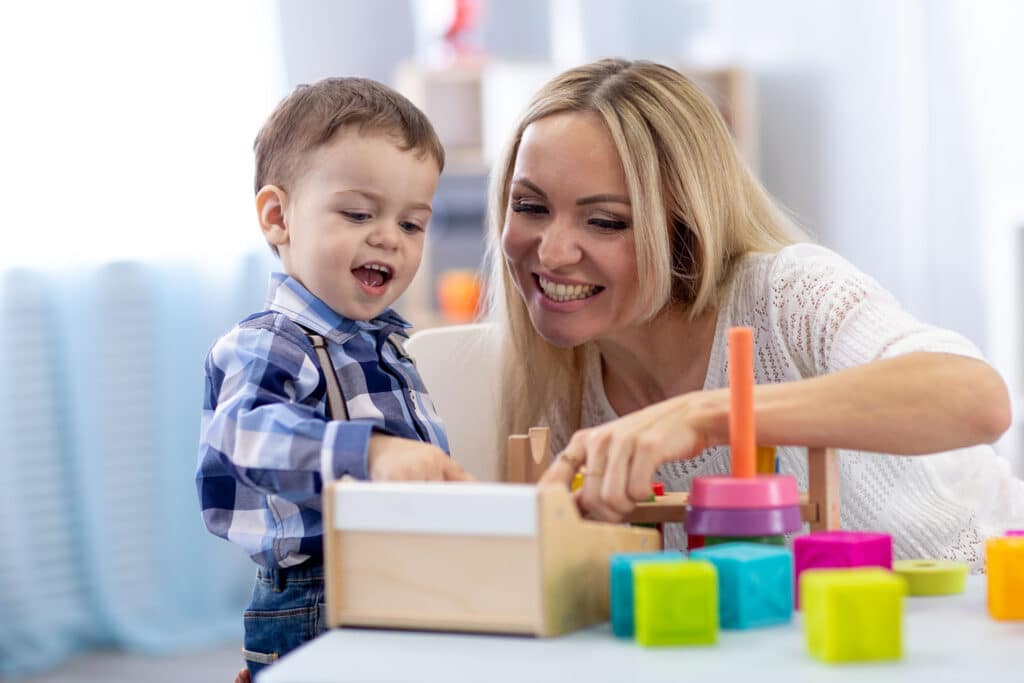
Don’t Confide in Them; Be a Parent
It’s recommended that you do not use your child as an emotional crutch or unload your problems onto them. Children make excellent listeners, and the more you expect them to be your confidante, the more they’ll provide this service. You might not see the negative impact of this for years to come, but it’s one of the unhealthiest things you can do as a parent. No matter what you’re going through, you are the adult and you know best.
Regaining Custody After Inpatient Treatment
Court-Ordered Drug Testing
If you have previously lost all of your parental rights and are looking to get them back, there are several steps you will have to take. Demonstrating that you have completed a substance abuse treatment program is your number one priority.
Usually, you’ll be court-ordered to undergo a drug test to prove you’re not still using substances. You’ll be closely supervised and in most cases be required to take regular drug tests to prove that you can give your children your undivided care and attention.
What Else Contributes to the Court’s Decision?
The law can vary significantly between provinces, so be sure you educate yourself on exactly what the law expects from you in your area. Some of the most commonly considered factors include:
- The type of substance being abused. For example, if you’re struggling with methamphetamine addiction, you’ll need to go through more to get your children back because of the high risk of harm from this substance.
- The severity and length of the addiction are thought to be of high importance, too. If you’ve recently developed what could be considered a milder addiction, you’ll be seen as less of a risk than someone who has been enduring a severe physical dependence for a prolonged amount of time.
- Relapse and previous failed attempts at rehabilitation are also taken into consideration, with people who have been through the system several times having the most difficult task ahead of them.
Rehab for mothers with children is a difficult process and if these issues have been affecting your life and you need to talk to someone about how to move forward, call Adult & Teen Challenge, the number one professional treatment provider in Canada now at 888-822-9992. What sets us apart from other alcohol and drug rehab centers? We are dedicated to giving proven drug and alcohol addiction treatment programs that are customized per individual to ensure positive results. Reach out today!








